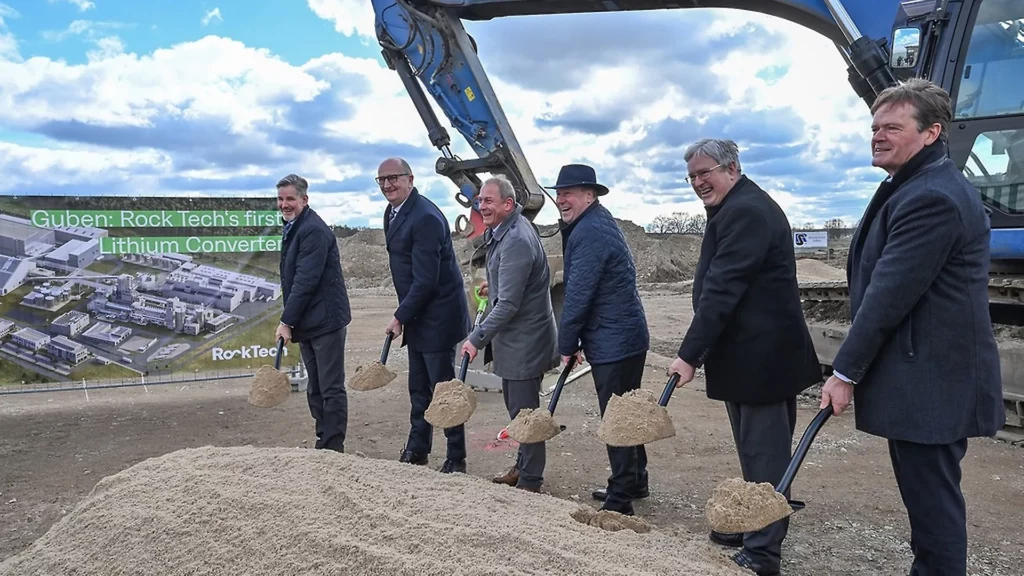Fraunhofer Develops Process for Metal-Polymer Current Conductors
The Fraunhofer Institute for Electron Beam and Plasma Technology (FEP) in Dresden has developed a roll-to-roll process that coats both sides of polymer films with copper or aluminum.
Fraunhofer Develops Process for Metal-Polymer Current Conductors Read More »










